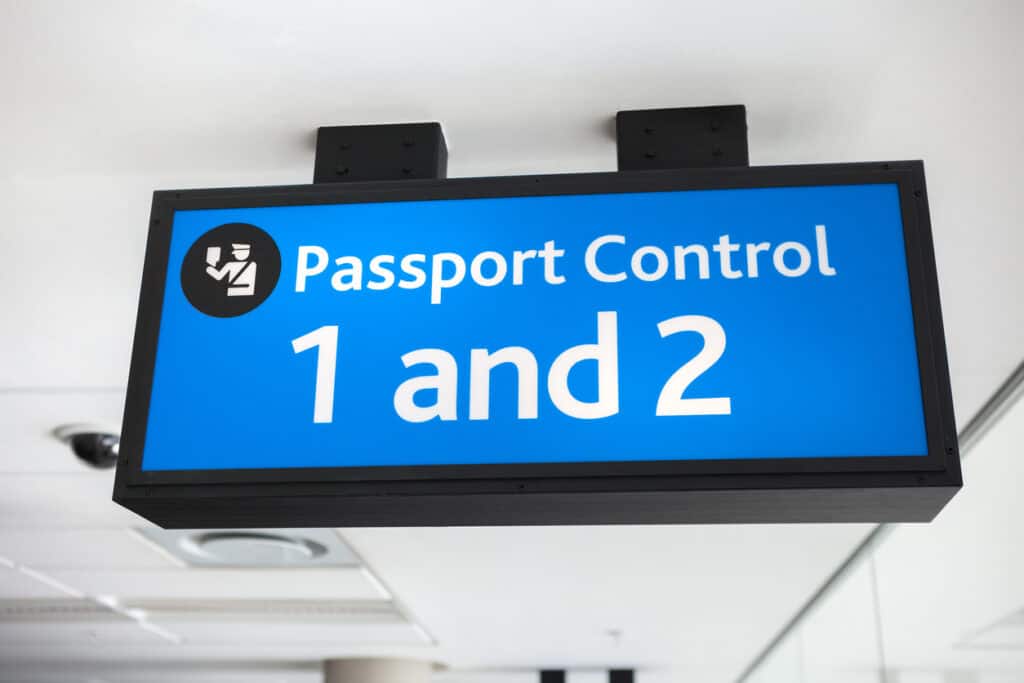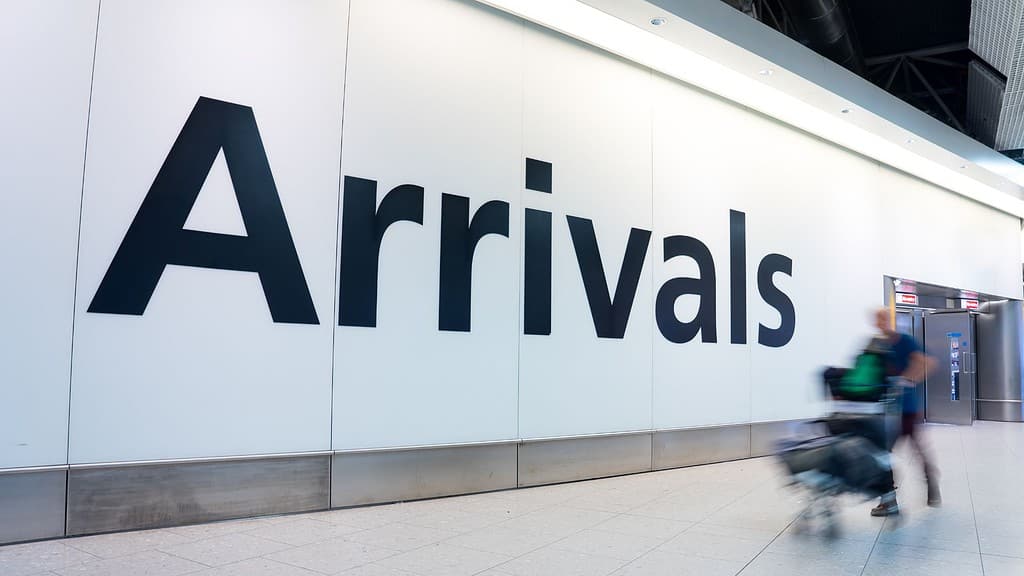A second FOI request by CaSE means we can now paint the complete picture of the effect the Tier 2 cap has had on UK employers and highly skilled individuals.
Tier 2 visa FOI request – take two
18 Sep 2018
The Tier 2 (General) visa is the means by which organisations can recruit talent from outside the EU. This visa route has an annual limit set at 20,700 visas available, with a set number of visas made available in each month. In December 2017, the cap was hit which meant that eligible applications were refused simply due to the monthly allocation being reached. The cap continued to be hit in consecutive months, CaSE revealed that over 6,000 visas were refused as a result of the cap between December and March.
Since our initial investigation in to the issue of the Tier 2 cap, public interest snowballed and politicians on all sides of the political divide came together to call for change. CaSE was influential in putting pressure on the Government to find a solution and following a high-profile campaign, it was announced that doctors and nurses would be made exempt from within the cap. During this period, however, data we have obtained shows that the problems with the Tier 2 cap were only worsening, causing increasing headaches to businesses, employers and individuals.
New FOI data – the headlines
We can now reveal that 8,180 visas were refused between April and July. You can see from the monthly figures that the changes to the Tier 2 policy that came in in July to exempt doctors and nurses has brought a welcome decrease in the number of refusals. Taking the data from both our FOI’s together show that since the cap was first hit in December, there have been over 14,200 visa refusals in 8 months.
| Apr-18 | May-18 | Jun-18 | Jul-18 | Total | |
| Number of refusals | 2196 | 2482 | 2668 | 834 | 8180 |
We have broken down these figures by profession to see the impact on different sections of the economy.

We have also grouped together STEMM-related professions affected by the cap. This includes other medical professions and STEM teachers. Between December and July, 8,105 visas were refused for STEMM-related jobs.
The number of refusals due to the cap increased each month from December to June. In June, we estimate the minimum salary required to obtain a Tier 2 visa would have been £60k p/a, double the average salary that is required to meet visa requirements. The dramatic decrease in the number of visa refusals in July is down to the removal of doctors and nurses from within the cap, groups that typically took up 40% of visas in any month. This policy change appears to be having the desired effect, creating room within the cap for all other professions.
| Profession | % reduction in refusals between June and July |
| Science & Engineering | 42% |
| IT/Tech | 68% |
| Doctor | 100% |
| Other medical profession | 21% |
| Teacher | 8% |
| Professional services | 64% |
| Other | 34% |
| Total | 69% |
We understand that the Tier 2 cap was not reached in August, meaning that applications meeting all criteria were successful. We hope that this trend will continue to provide employers with certainty and prospective employees with confidence they will be able to work in the UK.
Wider learning from arbitrary visa caps
These figures that we have unearthed over the past few months are particularly striking for a number of reasons. The way that visas are allocated means that the 20,700 visas are spread over 12 months, with each month having a certain number of visas available. This means that each month has its own limit, but this arbitrary cap is creating a large backlog of applications as employers will reapply the following month should their application not be accepted. This, in turn, led to increasing numbers of visa refusals, despite the limit refreshing every month. Even despite the fact there were more applications for Certificates of Sponsorship in April than in May or June, but the number of refusals continued to rise.
Furthermore, the yearly allocation of visas works on an April to April basis and are allocated by month. To fit with seasonal demands, more visas tend to be made available in April and the following months than in January, February or March. Indeed, in March 1,414 Certificates of Sponsorship were made available, while 2,168 were available to be allocated in April. Even despite the increase in the number of visas available by 50%, the number of refusals due to the cap increased.
We want to make sure that any future migration system does not hold itself to an arbitrary cap. The issues that the UK has had in recent months because of the cap should be a lesson to policymakers in the Home Office and members of Government. We will be working to ensure that UK immigration policy supports research & innovation, will facilitate frictionless movement, have proportionate system rules, be founded on robust evidence and fit for the future.
Transparency
To practice what we preach, we have published the raw data we received from our FOI request here. And hopefully it is in a format you can view, copy and use easily whether you’re a researcher, member of the public, Parliamentarian, Government official, member of the press or any one else. We ask that if you would like to use this data, that you reference CaSE as the source of the information. Transparency is essential for accountability to the public and to parliament. We have previously raised concerns over the fact we had to use FOI’s to get this data after failed parliamentary questions on this topic. To have any hope of informed debate (in public or in Parliament) and informed policies we need equal access to this kind of information.
Read the full press release on the new FOI data and CaSE’s letter to the Home Secretary setting out a vision for a future migration system.
Related resources

A week on from the publication, Policy Manager Camilla d’Angelo takes a look at some of the questions that remain to be resolved and what to expect next for the Immigration White Paper.

Policy Manager Camilla d’Angelo takes a look at what the Immigration White Paper means for attracting international R&D talent to the UK.

In advance of the forthcoming Immigration White Paper, CaSE and 35 other organisations have written to select Westminster Parliamentarians.

This briefing summarises attitudes to immigration, international students and researchers, and their impact on UK R&D. It is based on evidence from a nationally representative survey of 4,100 UK adults in June 2024 and two focus groups in December 2024.